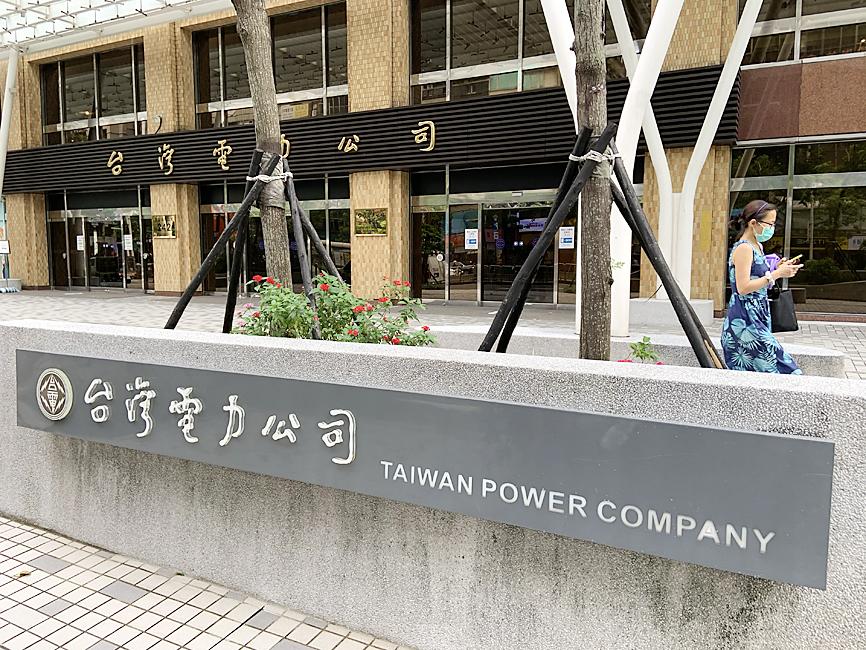Taiwan’s ambitions for clean energy and its position as a global hub for chipmakers are facing significant challenges due to the precarious financial situation of its sole electricity utility, Taiwan Power Co. (Taipower). The state-owned company is forecasting another massive loss in 2023 and does not anticipate much improvement in the near future.
One of the major hurdles for Taipower has been its inability to fully pass on higher costs for gas and coal to customers due to political pressure to keep power prices low. Additionally, its investment in offshore wind, a renewable technology facing difficulties globally with increasing costs and delays, has further strained its finances.
The implications of Taipower’s financial struggles extend beyond the company itself. If Taiwan cannot make sufficient progress in clean-energy generation, it risks losing its appeal as a destination for chip manufacturing. Taiwan Semiconductor Manufacturing Co. (TSMC), the world’s largest chipmaker supplying companies like Apple and Nvidia, has set a goal of using 100% renewable energy by 2040.
Taiwan’s heavy reliance on imported fossil fuels, which accounted for about 80% of its electricity in 2022, also poses a vulnerability in the event of a conflict with China. To address these challenges, the government aims to increase the share of green power in its energy mix to 20% by 2025, up from around 8% in 2022, while phasing out nuclear generation.
According to Uran-Ulzii Batbayar, an analyst at research firm Rystad Energy, the absence of nuclear power makes renewable energy more crucial than ever. However, expanding green generation requires significant capital, and Taipower’s financial situation raises concerns about potential power disruptions affecting major chip manufacturers.
Taipower is forecasting a loss of NT$198.5 billion ($6.3 billion) for 2023, following an even worse result in the previous year. While the company is conducting an internal financial review, it has stated that it currently has no plans to raise electricity prices this year. Despite raising prices in recent years, the increases have not been sufficient to offset the soaring fuel costs, driven in part by global energy challenges following Russia’s invasion of Ukraine.
As a state monopoly utility, Taipower faces political pressure to maintain low electricity prices, which adds to its financial challenges. Similar situations are observed in other countries in the region, such as South Korea’s state-owned Korea Electric Power Co., which supplies a significant portion of the country’s electricity.
Despite these hurdles, Taiwan’s government remains hopeful that offshore wind projects will contribute significantly to its renewable energy goals, even though many of these projects are facing difficulties due to rising costs, delays, and requirements to purchase equipment from local manufacturers.
In conclusion, Taipower’s financial struggles are posing a threat to Taiwan’s clean energy ambitions and its attractiveness as a hub for chip manufacturing. Addressing these challenges will require concerted efforts from both the government and the energy industry to ensure a sustainable and reliable energy supply while transitioning towards a greener future.
(Source: Bloomberg | Japan Times)









